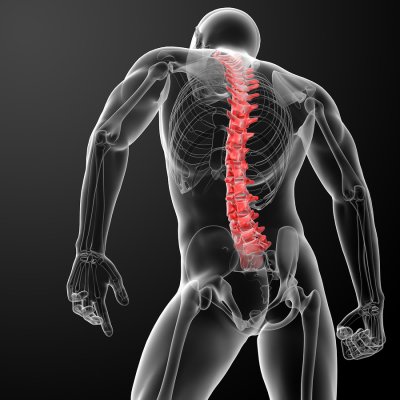News & Insights
Understanding Injuries of the Spinal Cord
Have you suffered a spinal cord injury near Annapolis? Unfortunately, spinal cord injuries are especially common after a car accident. However, this injury occurs anytime there is direct trauma to the spinal nerves. While many people believe the spine is the backbone, the spinal cord is actually a bundle of nerves contained within these bones, or vertebrae. Because the spine is responsible for carrying impulses between the brain and the body, a spinal cord injury can have devastating consequences. Keep reading to learn more about causes, types, and treatments for spinal cord injuries. 
Causes
A spinal cord injury can have many different causes, including birth injury. However, car crashes are the most common causes of spinal cord injuries. A spinal cord injury incurred during a car accident often results from a sudden blow to the spine that fractures, crushes, compresses, or dislocates one or more vertebrae. When the vertebrae are damaged, the spinal cord can become swollen or inflamed. Nontraumatic spinal cord injury may be caused by arthritis, cancer, or disk degeneration due to age.
Types
A spinal cord injury is classified as either a complete or an incomplete injury. However, both kinds of injuries are severe. With an incomplete injury, a patient still retains some level of functioning below the injury site. For example, if the spinal cord injury is to the lower spine, a patient does not always lose full function of his or her legs. Complete injuries mean that the individual loses all ability to feel or voluntarily move any part of the body located below where the spinal injury occurred.
Treatments
Treatment for a spinal cord injury depends on the injury’s location and the extent of damage. While there is no way to reverse damage to the spinal cord, physicians can stop further injury from occurring and help patients retain the best possible quality of life. Medications can help manage some of the painful side effects of this injury. Physicians may also create a plan for care that includes physical rehabilitation, electronic aids, or a wheelchair.
